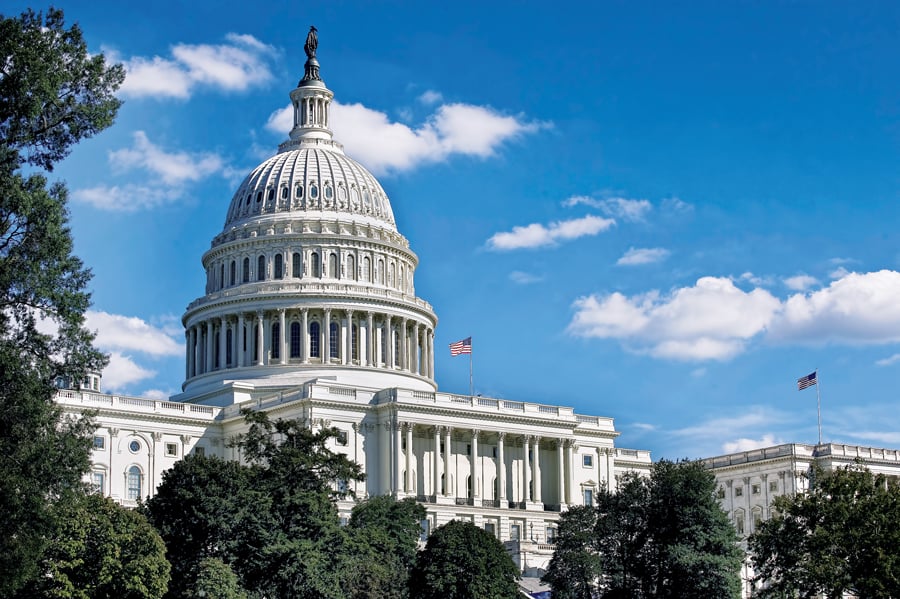

A U.S. House of Representatives bill introduced today is the latest attempt in Congress to tamp down on capital gains tax for retirees.
Those taxes would be reduced by the rate of inflation — a concept that has been floated in the past but has failed to progress. Rep. Tom Emmer, R-Minn., reintroduced the bill, the Retirement Inflation Protection Act, after an identical measure died in committee last October.
The legislation would allow an inflation adjustment for stock or business property held by people 59 ½ or older who have held the assets for more than three years. The inflation adjustments would be made according to the Chained Consumer Price Index for All Urban Consumers.
“Currently, the tax system inadvertently penalizes our aging Americans for offloading these investments — the very investments that are designed to financially secure their retirement — because capital gains taxes are not indexed for inflation,” Emmer said in an announcement from his office.
The bill “would make it clear that taxes are not owed on gains that are simply the result of inflation,” the announcement stated.
Emmer has been active in legislation affecting the financial services industry. He has also introduced bills designed to curb litigation against mutual fund providers for allegedly charging excessive fees. Emmer has also shown much interest in regulations governing cryptocurrency, including how such assets are taxed and how brokerages can hold them.

Wealth management unit sees inflows of $23 billion.

Deal will give US investment bank a foothold in lucrative European market.

New report examines the impact that the initiative has had on philanthropy.

Few feel confident that they will meet their retirement goals.

Catch-up contributions, required minimum distributions, and 529 plans are just some of the areas the Biden-ratified legislation touches.
Orion's Tom Wilson on delivering coordinated, high-touch service in a world where returns alone no longer set you apart.
Barely a decade old, registered index-linked annuities have quickly surged in popularity, thanks to their unique blend of protection and growth potential—an appealing option for investors looking to chart a steadier course through today's choppy market waters, says Myles Lambert, Brighthouse Financial.
